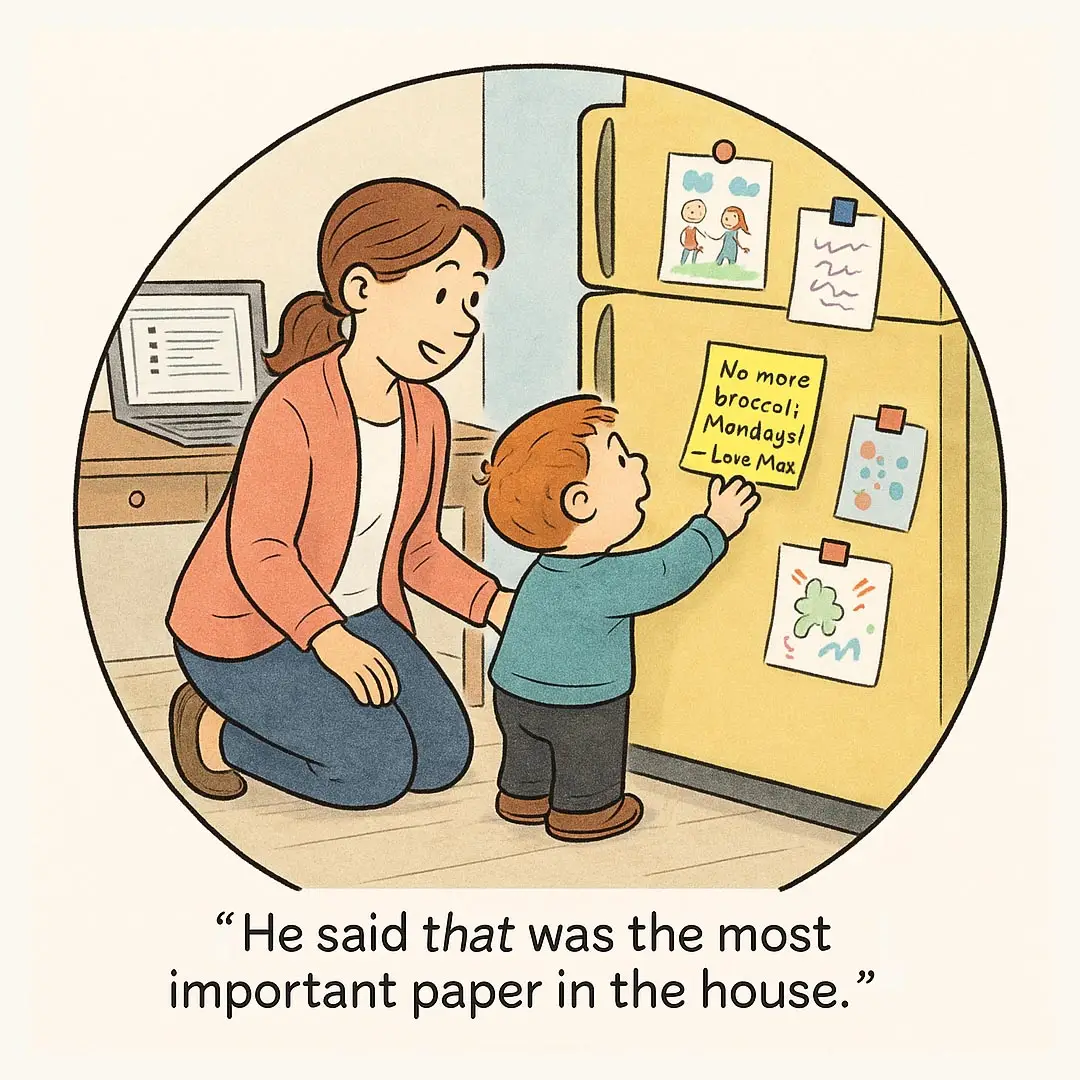Emma had always believed clarity was her greatest strength.
Her clients would probably agree. She made the fine print breathable, the legalese human. Business owners came to her when they wanted to build something solid, protect what mattered, or fix what had gone quietly, dangerously wrong. She wasn’t flashy. She wasn’t loud. But her work was precise and unshakable.
Online, though, it was like no one was listening.
Her content was thoughtful, accurate, professional. She explained contract structures. She flagged liability blind spots. She offered exactly the kind of legal insight she knew businesses needed. But even her best posts floated past the feed unnoticed. The occasional “great info, thanks” was about as lively as it got.
She told herself she was fine with that. Engagement didn’t equal expertise. Let the others chase views. She was building trust.
Still, something bothered her. It wasn’t ego. It was the disconnect. She knew she was helping people… But online, it didn’t feel that way.
Her presence lacked presence.
Months passed.
Then one Wednesday, a longtime client invited her to an office-warming party for their new HQ. It was a family-run logistics company that had grown fast and unexpectedly, in no small part due to her legal guidance. She didn’t usually go to these things, but something nudged her to show up.
The office was tucked into a converted textile mill on the edge of town; old brick walls, soft light catching on steel beams, and the distant hum of forklifts. Casual, warm. The kind of place that still smelled faintly like possibility. Emma stepped in, not quite sure what she expected.
As she made her way through a side hallway toward the conference room, she paused. On the wall beside a series of framed invoices and photos was a corkboard, mostly tacked with candid snapshots of the team at work, and play.
But one thing stood out.
A scrap of paper, unevenly torn from the edge of a notepad, hung from a single pushpin. On it, in her handwriting:
“Lease terms quarterly, adjustable clause = flexible growth. Call me anytime – Emma.”
She recognized it instantly. They’d been in a diner – no notebooks, no laptops. Just lunch and a headache over a rigid lease agreement. She’d scribbled the idea on a spare napkin before heading back to her car.
She never thought about it again.
“Funny what people hang onto, isn’t it?”
She turned. Jeremy, the company’s founder, smiled as he stepped up beside her.
“That note saved us,” he said. “No one else could explain it like that. You made it easy to act. You cut through the noise. That’s why we’ve referred six new clients your way since.”
Emma looked at the note again, creased, fading. Five rushed words and a phone number.
No CTA. No explanation. Just the right words, at the right time, in her actual voice.
That night, driving home, she thought about the articles she’d written. How polished they were. How impersonal. How distant they felt, even to her. She thought about what people remembered, and what they didn’t.
It wasn’t the cleanest paragraph or the best use of bullet points that stuck. It was the offhand, honest moment where she solved something real. That was the clarity they remembered. Not the perfection. The person.
The next week, her posts started to change. Still helpful. Still informed. But now, woven with story. With context. With glimpses behind the curtain – how she knew what mattered, not just what the law said.
The comments changed. Then the messages. Then the clients.
She hadn’t rewritten her expertise. She had just revealed it more truthfully.
Some messages don’t need more polish. They need more presence. That’s what storytelling does. It turns expertise into something unforgettable. If your content isn’t hitting, it might not be what you’re saying. It might be how you’re being heard.
We help professionals like you find the stories worth telling, and the way to tell them so people remember.
Let’s talk when you’re ready.



Miami Luxury Real Estate Marketing That Wins Cash Buyers
Miami is not cooling the way broad headlines suggest. $5M+ homes still trade, often with cash, and buyers move fast. If you want the local context in a “numbers first” tone, our post on Miami real estate marketing with Heat math shows how attention spikes still convert when your message stays precise. Here’s the uncomfortable […]